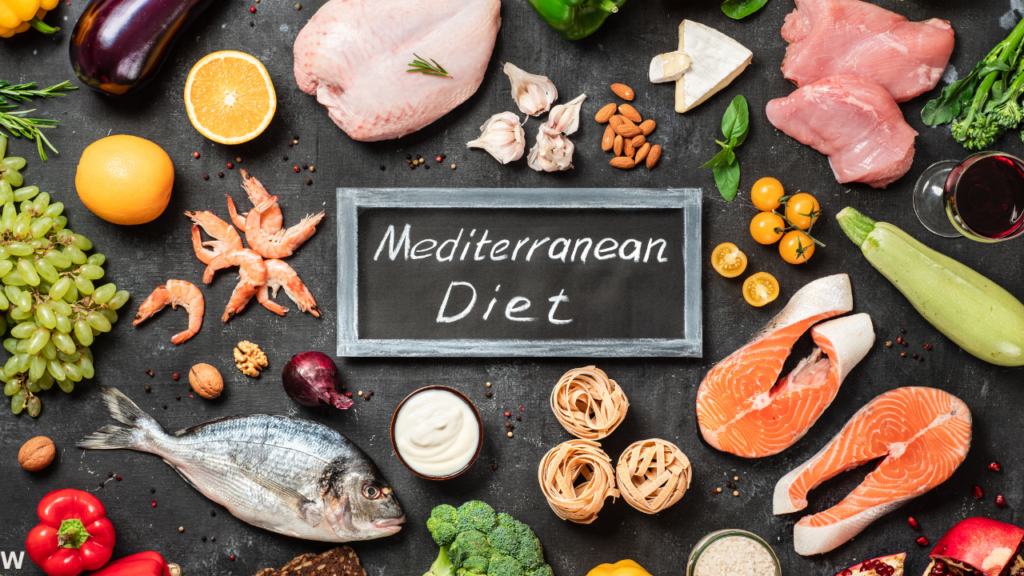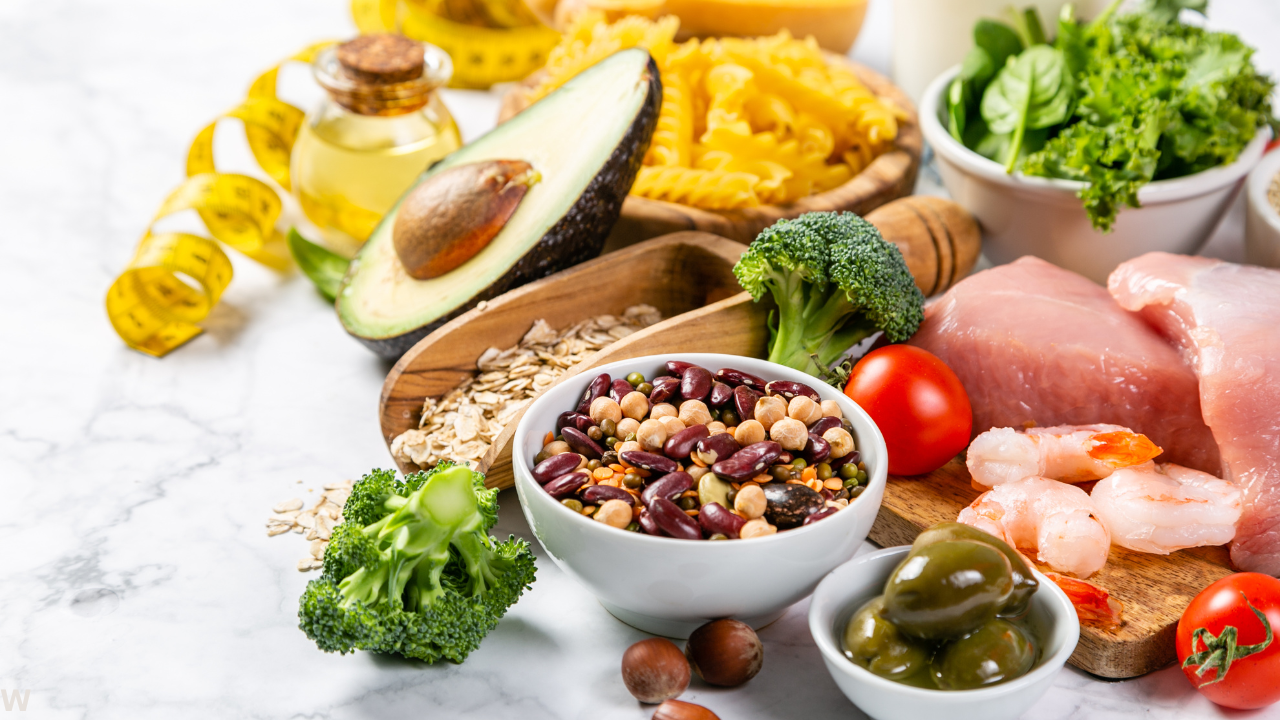
The Mediterranean diet has earned its spot as one of the healthiest eating plans on the planet. Backed by decades of research, it’s hailed for reducing the risk of heart disease, promoting weight loss, and even slowing down the aging process. But while many doctors recommend it, they don’t always share the secrets that make the Mediterranean diet a true game-changer.
In this article, we’re pulling back the curtain on the Mediterranean diet secrets doctors won’t tell you—either because they don’t know, or they simply don’t have time. If you’re ready to go beyond the basics and unlock the full power of this ancient nutritional blueprint, keep reading.
The Most Important News You Got This Year!
What Is the Mediterranean Diet?
At its core, the Mediterranean diet is inspired by the traditional eating patterns of countries like Greece, Italy, and Spain. It emphasizes:
- Fresh fruits and vegetables
- Whole grains
- Legumes
- Nuts and seeds
- Healthy fats (especially olive oil)
- Moderate amounts of fish and poultry
- Minimal red meat and processed foods
- Red wine in moderation
Unlike many modern fad diets, the Mediterranean diet is a lifestyle—not a temporary fix.
Secret #1: It’s Not Just About Food—It’s a Way of Life
Most people focus solely on the food, but the true Mediterranean lifestyle includes daily physical activity, strong social connections, and mindful eating. People in Mediterranean regions eat slowly, enjoy meals with others, and rarely eat on the go.
Pro Tip:
Next time you eat, slow down. Savor each bite, and aim to share your meals with family or friends. This helps with digestion, reduces stress, and even prevents overeating.
Secret #2: Olive Oil Is Liquid Gold—But Only If It’s the Right Kind
Doctors often say “use olive oil,” but not all olive oils are created equal. The real magic lies in extra virgin olive oil (EVOO)—the unrefined, cold-pressed version that retains antioxidants and anti-inflammatory compounds.
What to Look For:
- Dark glass bottles (to protect from light damage)
- A harvest date on the label
- Certified organic and non-GMO
- “Cold-pressed” and “first press” indicators
EVOO contains oleocanthal, a compound that acts as a natural anti-inflammatory—comparable to ibuprofen!
Secret #3: Fat Is Your Friend (The Right Kind)
Contrary to outdated advice, the Mediterranean diet is not low-fat. In fact, about 35-40% of daily calories come from healthy fats—primarily from olive oil, nuts, seeds, and fatty fish like salmon.
These fats don’t make you fat. Instead, they help reduce inflammation, support brain function, and keep you full longer—making it easier to lose weight naturally.
Secret #4: Red Wine Has a Role—but Timing Matters
Yes, moderate red wine is part of the Mediterranean diet, but here’s what most doctors don’t tell you: it’s not just the wine—it’s when and how you drink it.
In Mediterranean cultures, wine is consumed:
- In small amounts (1 glass for women, 1–2 for men)
- With meals
- Slowly, in a relaxed environment
This helps improve heart health without the risks associated with binge drinking or daily overconsumption.
Secret #5: Herbs and Spices Are Hidden Superfoods
While doctors may recommend reducing salt, they rarely emphasize herbs and spices as powerful disease fighters. Mediterranean dishes are packed with:
- Oregano – antimicrobial and rich in antioxidants
- Rosemary – boosts memory and brain health
- Basil – anti-inflammatory and great for the gut
- Turmeric (used in some regions) – reduces joint pain and inflammation
By cooking with herbs, not only do you boost flavor, but you also add a potent dose of healing compounds.
Secret #6: Cheese Is Allowed—But In Moderation and Quality Matters
Yes, you can have cheese. In the Mediterranean diet, cheese like feta, pecorino, and manchego is eaten regularly—but in small amounts and as part of meals, not snacks.
Why This Works:
These cheeses are:
- Lower in fat than heavily processed American cheeses
- Often made from sheep’s or goat’s milk (easier to digest)
- Naturally fermented, aiding in gut health
Portion control is key—think of cheese as a condiment, not the main event.
Secret #7: The Mediterranean Diet Supports Gut Health (Without Probiotics)
Doctors often prescribe probiotics, but the Mediterranean diet naturally nourishes your gut through fiber-rich, prebiotic foods like:
- Legumes (chickpeas, lentils)
- Artichokes
- Onions and garlic
- Whole grains
- Leafy greens
These foods feed your good gut bacteria, improving digestion, immunity, and even mood—no supplement required.
Secret #8: Daily Movement Matters More Than the Gym
Here’s something overlooked in doctor’s offices: Mediterranean cultures don’t rely on gyms—they move naturally.
- Walking everywhere
- Gardening
- Taking stairs
- Dancing and socializing
This type of consistent, low-impact movement reduces stress, balances hormones, and promotes longevity far more than occasional intense workouts.
Secret #9: The Diet Helps Reverse Insulin Resistance
Insulin resistance is a precursor to type 2 diabetes, and many doctors prescribe meds before lifestyle changes. However, research shows that the Mediterranean diet can improve insulin sensitivity naturally, thanks to:
- Low glycemic-load meals
- High fiber content
- Anti-inflammatory nutrients
Many people following this diet have reduced or even eliminated their need for medication under medical supervision.
Secret #10: It’s the Ultimate Anti-Aging Secret
Doctors might mention antioxidants in passing, but they rarely emphasize how the Mediterranean diet is packed with youth-preserving compounds, including:
- Resveratrol (from red wine and grapes)
- Polyphenols (from olive oil, vegetables, and fruits)
- Omega-3s (from fatty fish)
- Vitamins A, C, and E (from fresh produce)
These nutrients help fight oxidative stress—the root cause of aging and many chronic diseases.
Bonus Secret: It’s Easy to Stick To (If You Know This Hack)
Most diets fail because they’re restrictive. But the Mediterranean diet is naturally enjoyable. To stick with it long-term, use the “Flavor First” principle:
- Load up on herbs, citrus, garlic, and spices
- Prioritize colorful vegetables in every meal
- Explore Mediterranean recipes (like shakshuka, tabbouleh, or grilled octopus)
When food tastes amazing, you’re less likely to crave junk.
How to Start the Mediterranean Diet Today
Here’s a simple plan to get started:
Breakfast Ideas:
- Greek yogurt with honey, berries, and walnuts
- Avocado toast on whole-grain bread with olive oil drizzle
- Oatmeal with cinnamon, dates, and almonds
Lunch Options:
- Lentil soup with a slice of sourdough bread
- Chickpea salad with feta, cucumbers, and tomatoes
- Tuna with olive oil, lemon, and arugula
Dinner Recipes:
- Grilled salmon with roasted vegetables
- Stuffed bell peppers with brown rice and herbs
- Zucchini noodles with cherry tomatoes and parmesan
Snack on olives, fresh fruit, or a handful of almonds. Drink plenty of water and, if desired, enjoy a glass of red wine with dinner.
Final Thoughts
The Mediterranean diet isn’t a trendy new health craze—it’s an ancient, sustainable lifestyle that supports your body from the inside out. While doctors may recommend it as a general guideline, the real power lies in the details they don’t always have time to explain.
Now that you know the Mediterranean diet secrets doctors won’t tell you, you can apply this wisdom and unlock a healthier, longer, and more vibrant life—one delicious meal at a time.



